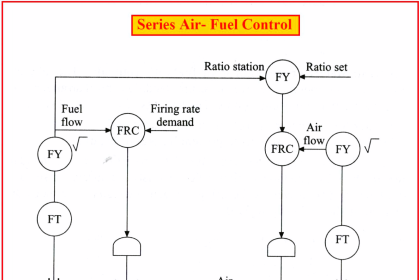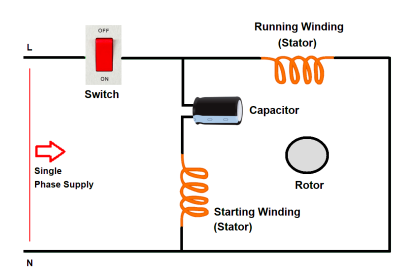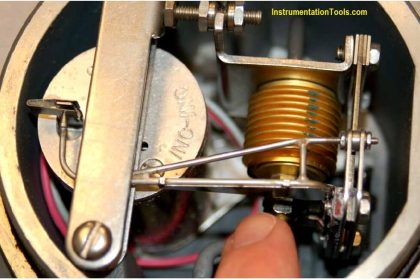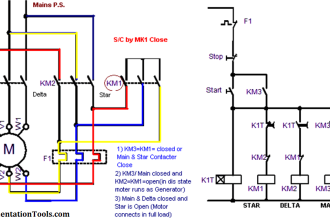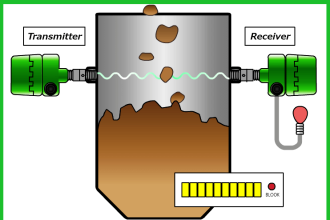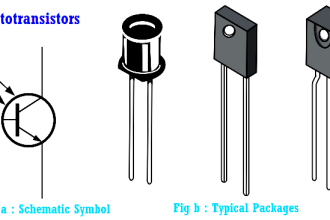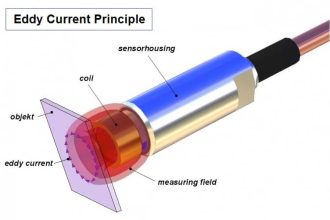After an engineering degree, some students are unable to get a job from some companies, as they demands some special skills whether they are freshers or experienced guys. Freshers thus find an issue in this for finding their dream jobs.
After Electrical Engineering Graduation
One of the most famous engineering courses is electrical engineering. It finds its application in almost every industry. There are various streams available for an electrical engineering graduate to pursue after graduation.

Electrical System Design
This is a very important course as it deals in designing a complete electrical system. Be it your house or a major factory, the course covers how to design circuits from incoming flow, decide on power distribution, planning, and design safely under regulatory conditions. Students learn about various electrical designs and regulatory compliances when they complete this.
Electromagnetism
Motors, transformers, and generators work on the theory of electromagnetism. So basically, most of the electrical basics revolve around this knowledge. After this, the students can best use the relation between electric and magnetic fields in real-life electrical applications. Electromagnetism is used in various fields like medical, core electrical, communication, and industries.
Power and Energy
Students will learn power generation, distribution, and transmission theories. This will easily help them get jobs in various plants; be it thermal, hydro, or nuclear. Also, they will brush their skills in renewable power plants like solar, wind, or tidal.
Also, the electrical grid is nowadays turning smart with the invention of industrial automation, and this course will further sharpen their skills in real-time monitoring, control, and optimization of energy distribution.
Electric Vehicles and Electrification
As electric vehicles are widely used nowadays in place of petrol vehicles, it is a very different technology which needs to be learned in particular. So this course helps the students prepare with the techniques used in electric vehicles and helps them with manufacturing, charging infrastructure, and vehicle-to-grid (V2G) communication protocols.
CAD Engineering
Building electrical drawings is always a tough task and students will engross themselves in AutoCAD at advanced levels. After this course, they can draw electrical drawings quickly, and efficiently and also manage overall electrical design in detail. The students can work with architects and design engineers to create 2D and 3D models of technical electrical drawings.
Industrial Automation
Industrial automation demands electrical engineers, as it involves control wiring of panels along with knowledge in the programming of PLC, SCADA, DCS, and VFD. Students can easily troubleshoot instrument wiring, design a control circuit, and program the controllers. As industrial automation widely has a larger percentage of electrical theories in it, electrical engineers always find a good career scope here.
Specialization in Electrical Cables
After this course, students can develop special skills in choosing the right cable, determining cable sizes, doing proper cable layout, and implementing safety measures for cable compliance. Because electrical cables are a very important part of electrical engineering, this course has a very special seat in job vacancies, as they consider this as the base of all designs.
Plant Earthing
This study plays an important role for engineers, as any electrical circuit cannot survive without proper earthing. From instrument earthing to power earthing, safety is provided through it and so, earthing helps in preventing short circuits, reducing earth leakage current, and reducing electric shock hazards. Earthing calculations are complex for large industrial plants and this course helps in dealing with them more easily and efficiently.
In this way, we saw various streams and courses covered after electrical engineering graduation.
